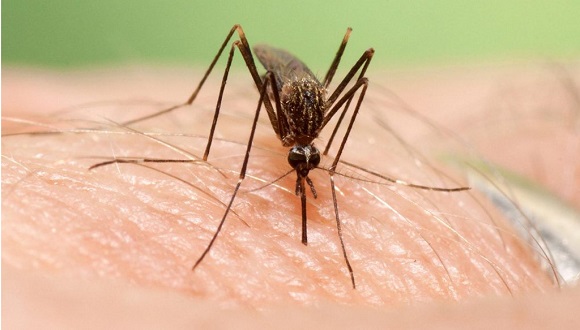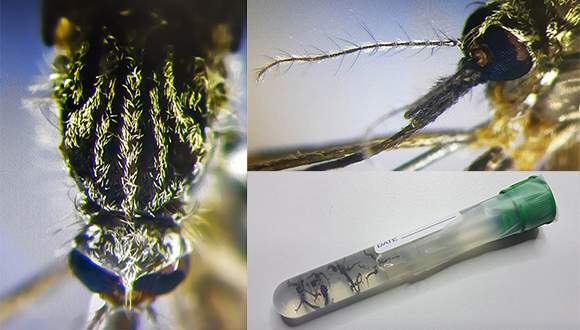First detection of Aedes japonicus in Spain thanks to citizen scientists
Aedes japonicus is an invasive insect capable of transmitting diseases such as West Nile virus. The mosquito was found in Asturias (North Spain) when a person sent a photo of the insect with the Mosquito Alert app in june.

The Aedes japonicus mosquito has arrived for the first time in Spain and South of Europe. The finding has been confirmed by a first Rapid Risk Assessment report issued by the Health Alerts and Emergencies Coordination Center this July.
At early June, the citizen science platform Mosquito Alert, coordinated by CREAF, CEAB-CSIC and ICREA, promoted by Obra Social “la Caixa” and co-financed by Dipsalut (Public Health Agency of the Diputación de Girona) and the Departament de Salut of the Generalitat de Catalunya, received a photo of a suspicious mosquitothrough the app, sent from the area of the council of Siero, in the Principality of Asturias. After receiving this first notification the person was asked to send by mail adult and larval specimens, on which the suspicion was confirmed. Subsequently, a field inspection was carried out at the site of the discovery led by Mosquito Alert entomologists together with members of the entomological team of the University of Zaragoza and responsible for the Entomological Surveillance project of the Ministry of Health, Consumption and Social Welfare. According to the statements of Mosquito Alert entomologist team leader Roger Eritja, “after reviewing the area we were able to find all the biological phases of the vector at several points away from each other, suggesting that the mosquito is already established in an area that it can be much broader, although more studies will be needed to confirm it. ”
The main concern of the arrival of the Aedes japonicus mosquito is that, apart from causing discomfort with its bites similar to those of other mosquitoes, it has the ability to transmit several viruses, among which the most relevant in Spain would be West Nile. In laboratory conditions it has also been proven that it is capable of being infected with dengue and Chikungunya. However, experts and authorities note that at this time the risk of this mosquito can transmit diseases in Spain is very low. “We must consider that the risk of transmission of these diseases depends on the number of mosquitoes that are present and whether the virus is circulating among the population. On the other hand, there are other factors such as the contact that may exist between the vector and the host. At this time the number of mosquitoes we do not think is very high and neither do the other conditions in Asturias”, explains Roger Eritja.

You can learn more in this article from Mosquito Alert blog.






